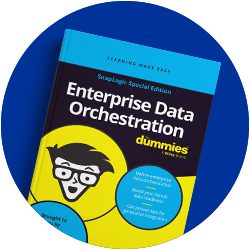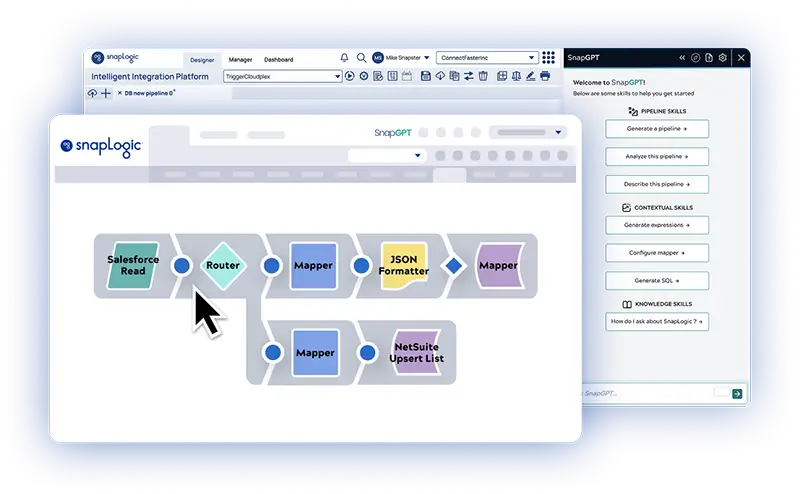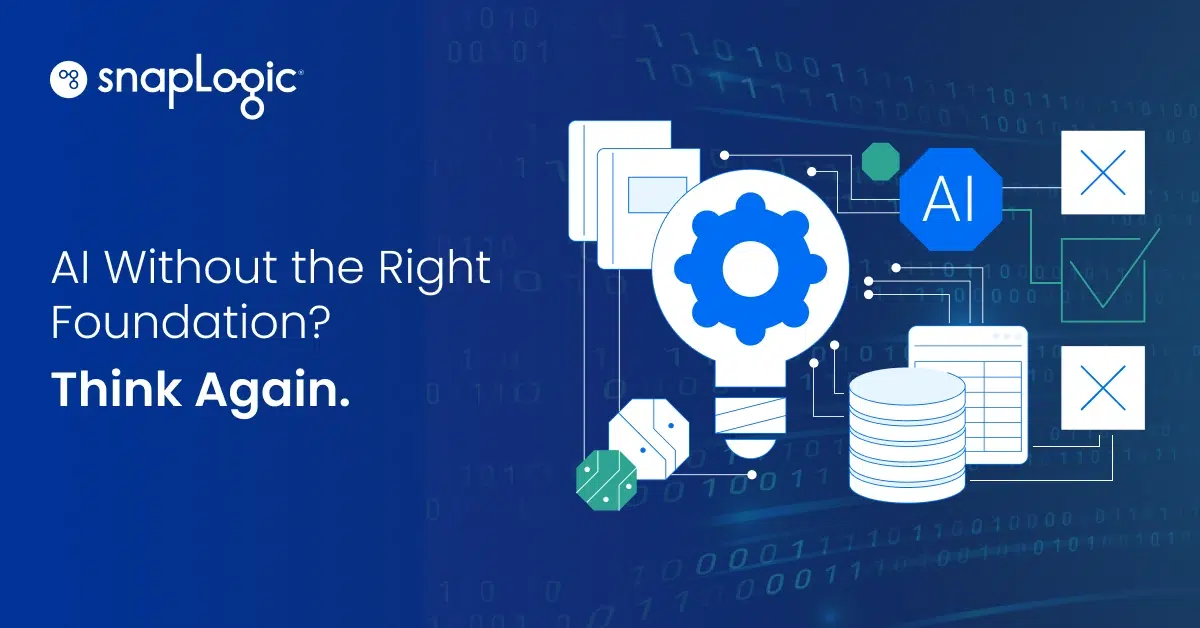Originally published on The Hill.
Making the data economy work for companies and the people
Recent events centered on Facebook and Cambridge Analytica have me thinking about an idea that’s been brewing in the back of my mind for quite some time.
First some context. In various ways, advertisers and even more nefarious actors have been using our data against us for years. In the pre-internet days, the data in the form of census and other “slow to gather, disseminate, and process” forms was used in advertising, actuarial science, medicine, and other domains in which population-based knowledge was key to the efficacy of the activity at hand.
And we were ok with it.
The process was slow enough, detached enough, and vague enough that it never felt overly intrusive or for that matter effective. Somewhere along the way we have crossed a line where the speed, accuracy, and ramifications of our data being used against us has started to feel like a violation. Maybe because the magnitude of the usage is so much broader and the societal-level manipulation it has blossomed into has become that much more apparent. In the early digital days, you might have bought a laundry detergent you may not have otherwise. Now the stakes are at a geo-political level and we’re finally feeling that this is too much. Elections are won, and money, lots of it, is being made … all at our expense and with our personal information. What exactly should our rights be as citizens of today’s global data economy? Who and what are protecting us?
Our data, our choice
Let’s return to data and the implications around recent elections in the UK, US, and other countries. With Facebook and Cambridge Analytica, it’s possible we’re hypocrites or at least simply naive. Political election processes have always been manipulative and exploitive of social leanings. The last US election and other international issues of note weren’t substantially different from previous contests, other than the efficacy with which particular sides used technology to rally support for their side. What was done recently though, à la Cambridge Analytica, was done spectacularly well. Courts will decide if there was anything illegal, while public opinion and history will decide if it was ethical. Nonetheless, what’s impressive is the sheer power of data.
Now to the point. Lurking behind the political ideological issues and questions about how representative elections are of popular sentiment, lies powerful data. We’re upset at the ways in which our data is used against our wishes, but should our outrage stop there? Our data is monetized repeatedly in ways in which, yes sometimes, benefit us, but we’re never rewarded for this or any other use of our data, though maybe that laundry detergent is now following me around the internet and on sale. We have protections guarding our medical information, some amount of our private data, our children’s privacy, but generally, all information about us is largely available to advertisers, retailers, and now, all too apparently, foreign entities.
Introducing the Data Bill of Rights
Forget about philosophical arguments, what we should all care about is compensation. Specifically, we should all participate in the monetization of our own data. Our data is our product, is a part of us, and we should demand our data emancipation. Core to this is what’s been brewing in my mind – a Data Bill of Rights which would state unequivocally that all uses of our data are determined by us and all benefits of our data accrue to us. We would also demand complete transparency of the distribution of our data.
The EU is already many steps ahead of the US and the rest of the world regarding privacy, with the soon to be law of their land with GDPR. But what I’m talking about here takes things a step further.
An important element of the new Data Bill of Rights is that it should work at the point of data distribution and usage, not upfront. That is, it’s too easy to waive EULA-like rights as one signs up for a service. The effects are imaginary and unforetold at that point. It’s simply not reasonable for an average person to understand undefined probabilities of data misuse. What can happen, is that data usage is permitted on a per-request basis and the “rents” on the data are accrued to the creator of the data or shared between the creator and the distributor. Perhaps we can use blockchain technology to restrict, control, and track access to an individual’s data.
Only in forcing the distributors of our data, like Facebook, to share in the fees generated and to be heavily penalized in violation of new data laws, can we expect better behavior. The social media behemoth’s recent suggestion of instead asking for payment to turn off ads is insulting and tone-deaf on its part.
Note that I’m not suggesting something anti-capitalist. I understand I can turn off Facebook or any other opt-in service that I perceive as misusing my data. My point is that companies can still run untargeted ads or they can share in the profits derived from the data of everyone who doesn’t opt-in at the point of monetization.
Data of the people, for the people, by the people
The Data Bill of Rights offers an economic solution to a social problem without hampering user experience or limiting the social benefits of networking and other consumer-oriented websites. Without specific laws protecting user data and criminalizing breaches of what would become a financial contract in the US, it’s difficult to imagine that today’s data problem will fundamentally change in the future.
Whether you’re on Facebook, or Snapchat, or searching on Google, your data is out there. And someone’s making money off of it. And you’re not. A data bill of rights makes a lot of sense, doesn’t it?
Who’s with me?









